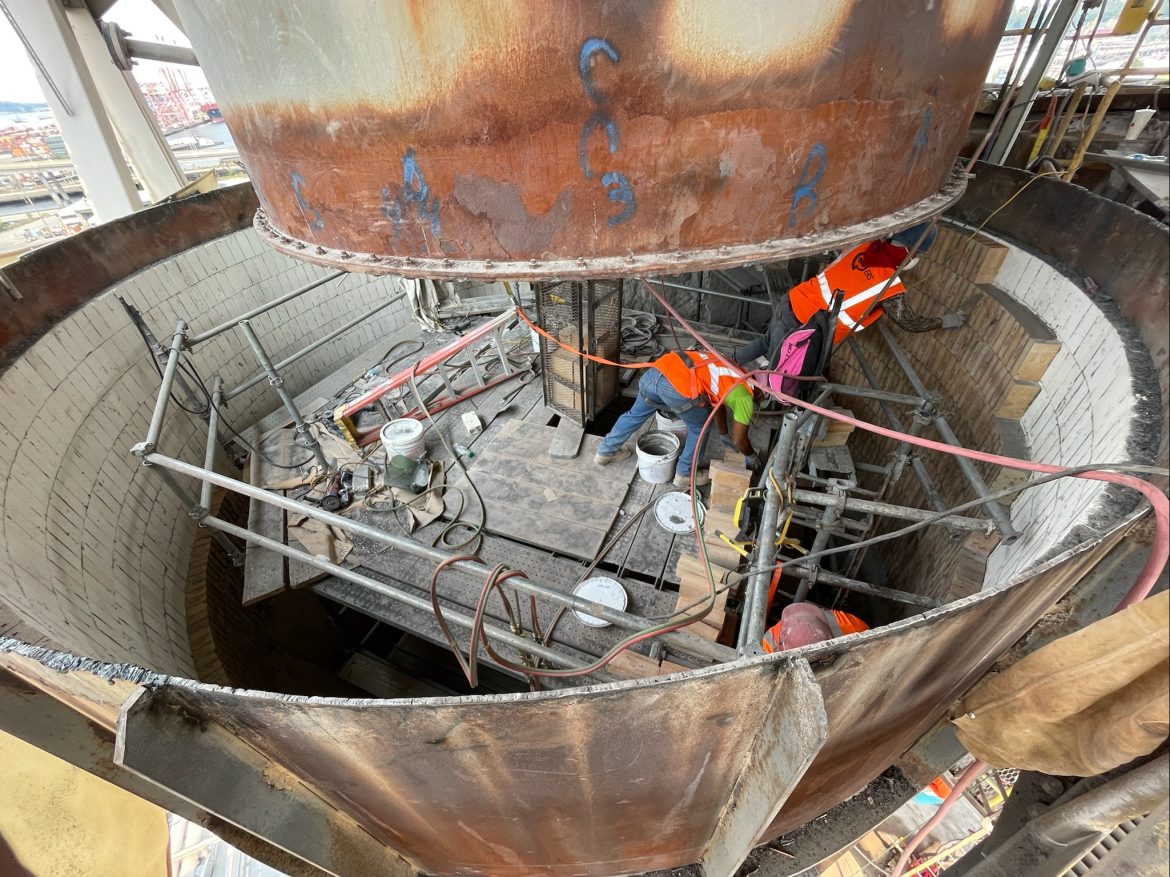When it comes to high-temperature industrial operations, choosing the right refractory materials is essential for efficiency, longevity, and safety. Texas has a thriving refractory industry, offering various options tailored to different business needs. Whether you are in steel, cement, glass, or petrochemical production, selecting the right refractory solution is critical. This article explores the different types of refractory materials, factors to consider, and how a reliable Texas Refractory Service can help you make the best choice.
Understanding Refractory Materials
Refractories are materials designed to withstand extreme heat, corrosion, and wear. They are commonly used to line furnaces, kilns, incinerators, and reactors. The three main types of refractories include:
1. Acidic Refractories
- Made from silica or alumina
- Resistant to acidic environments but weak against alkalis
- Commonly used in glass furnaces and coke ovens
2. Basic Refractories
- Composed of magnesite or dolomite
- Withstand high temperatures and alkaline materials
- Ideal for steel and cement manufacturing
3. Neutral Refractories
- Made from alumina, chromite, or carbon
- Resistant to both acidic and basic conditions
- Used in diverse industries, including non-ferrous metal production
Key Factors When Choosing a Refractory
1. Temperature Resistance
The operating temperature of your furnace or kiln determines the required refractory material. Choosing a material with a melting point well above your operating range ensures durability.
2. Thermal Shock Resistance
Frequent heating and cooling cycles can cause refractories to crack. Materials like alumina-based refractories are excellent at handling these changes.
3. Chemical Compatibility
Different industries deal with various chemicals that can erode refractory linings. Matching the refractory material to your operational environment prevents premature failure.
4. Mechanical Strength
Heavy loads, abrasion, and constant movement require refractories with high mechanical strength, especially in cement and steel production.
Why Choose a Texas Refractory Service?
Working with a Texas Refractory Service ensures you get the right solution tailored to your business needs. Here’s how:
Expert Consultation
Refractory specialists assess your industrial requirements and recommend the most suitable materials.
Custom Solutions
Many Texas refractory providers offer customized shapes and linings to fit unique furnace designs.
Professional Installation
Proper installation is crucial for refractory performance. Texas experts ensure high-quality craftsmanship that extends the life of your equipment.
Maintenance and Repair
Regular inspections and timely repairs prevent unexpected shutdowns and costly damages. A professional Texas Refractory Service provides maintenance plans that keep your operations running smoothly.
Conclusion
Choosing the right refractory for your business depends on several factors, including temperature resistance, chemical compatibility, and durability. A trusted Texas Refractory Service can guide you through the selection, installation, and maintenance processes, ensuring optimal performance and cost-effectiveness. Whether you need refractory bricks, castables, or high-performance coatings, partnering with industry professionals in Texas is the best way to safeguard your investment.

